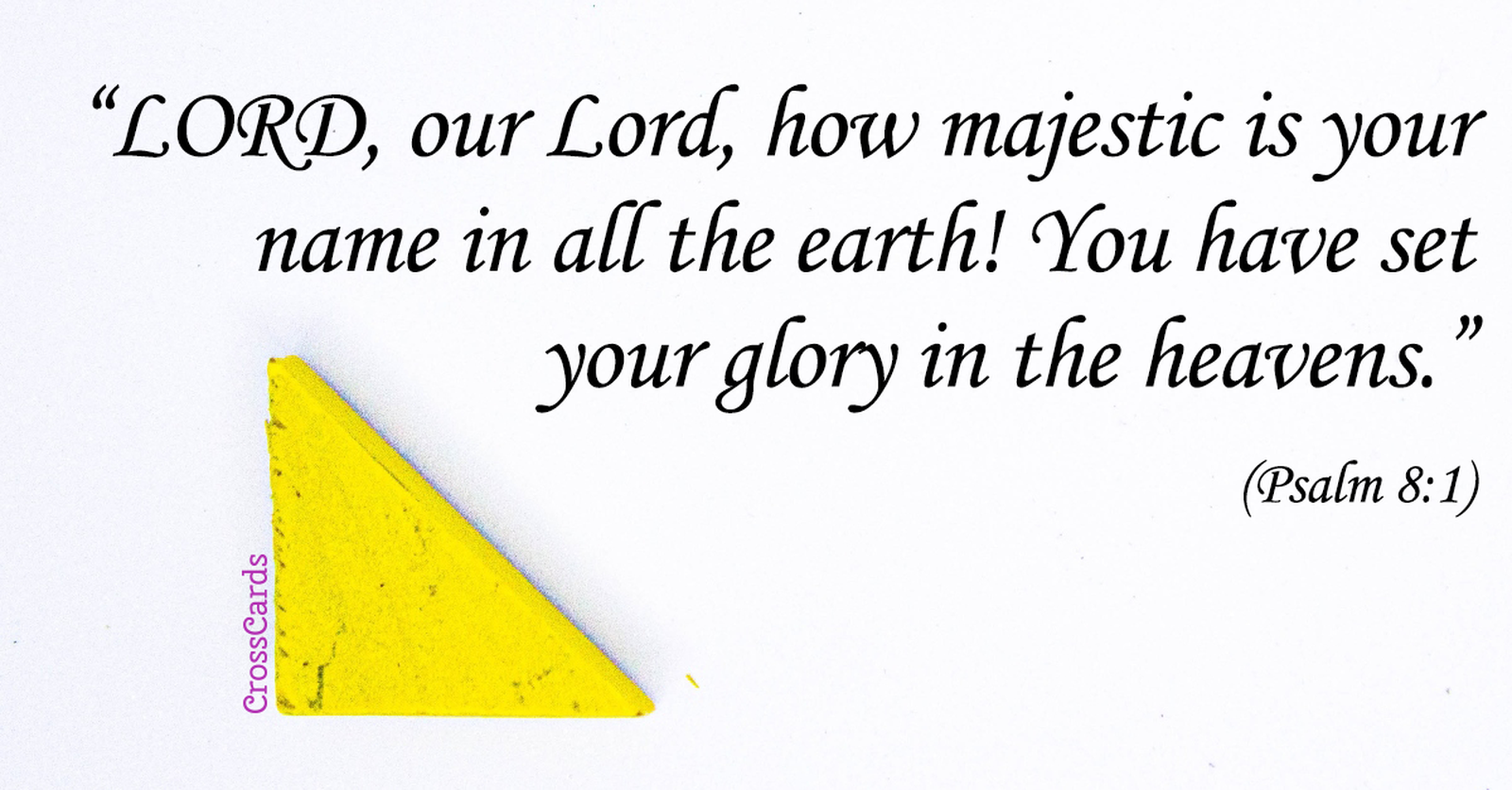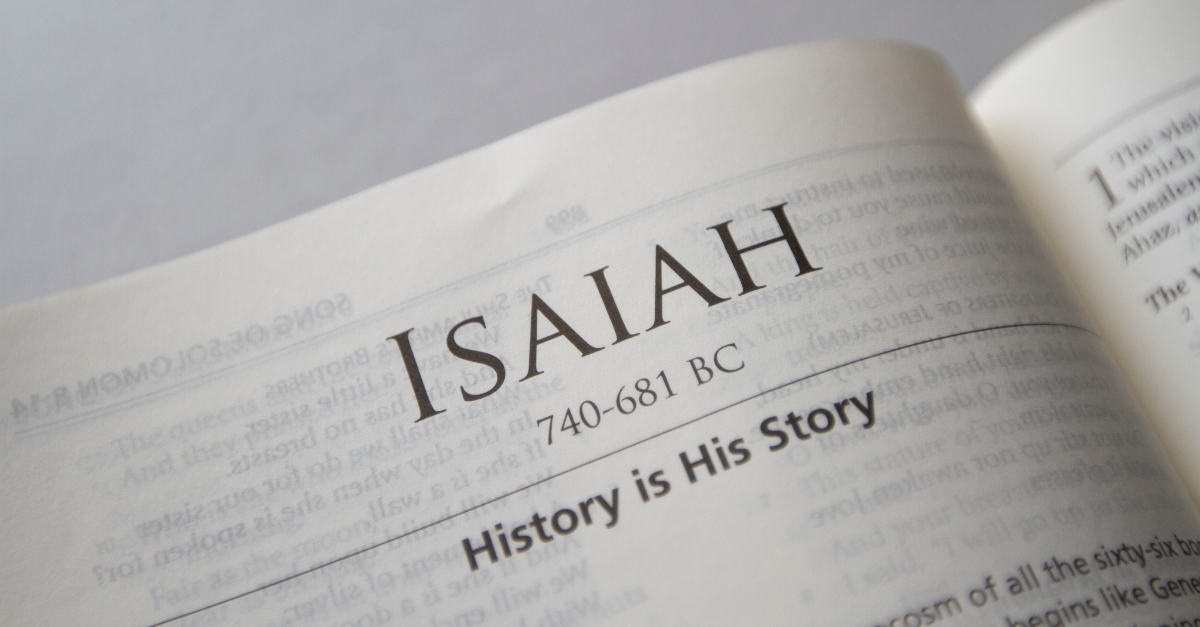
Throughout history, God has sought to build strong relationships with His people. Long before He sent His Son to earth, God began revealing Himself to mankind in other ways. One of the first was sharing His personal name.
YHWH was the original form of God's name. It was remembered and revered to the point of not even being pronounced. During the Hellenistic period (approximately 323 BC to 31 AD), the Jews observed the tradition of not pronouncing YHWH, referred to as the Tetragrammaton, because it was considered too holy a word.
This led them to begin substituting other names in written Scripture and in spoken prayer. Adonai, sometimes pronounced "adhonay," was one of those names, as was Jehovah. This article will explore the meaning, use, and significance of Adonai throughout the Bible, history, and today.
What Does ‘Adonai’ Mean?
The definition of Adonai is "Lord, LORD, or master."
The word is what is called an emphatic plural or plural of majesty. There is only one God, but the plural is used as a Hebrew literary tool for emphasis—in this case, pointing to the sovereignty of God. Many Scripture authors used it as an expression of humble awe, as in "O Lord, Our Lord," or, "O God, my God."
Adonai also hints at the notion of ownership, and being the steward of what is owned. This is borne out in so many Bible passages that show God as not only our Master, but protector and provider as well.
"But be sure to fear the LORD and serve him faithfully with all your heart; consider what great things he has done for you." (1 Samuel 12:24)
Photo Credit: ©GettyImages/doidam10
Where Is This Hebrew Name for God Mentioned in the Bible?

The name Adonai, and its variations, is found in more than 400 verses throughout God's Word.
As the definition states, the usage can have a possessive quality to it. In this passage from Exodus for instance, God called Moses to proclaim His personal name as he stood before the Pharaoh. Then, all would know that God was claiming the Hebrews as His own people.
God also said to Moses, “Say to the Israelites, ‘The Lord, the God of your fathers—the God of Abraham, the God of Isaac and the God of Jacob—has sent me to you. This is my name forever, the name you shall call me from generation to generation.'" (Exodus 3:15)
At times, Adonai describes the God who demands justice for His own. The prophet Isaiah was given this vision about upcoming punishment for the King of Assyria for his Acts against Israel.
Therefore, the Lord, the Lord Almighty, will send a wasting disease upon his sturdy warriors; under his pomp a fire will be kindled like a blazing flame. (Isaiah 10:16)
Other times Adonai carries the ring of praise. King David, along with the other Psalmists, rejoiced in acknowledging God's authority, and proudly declared it.
Lord, our Lord, how majestic is your name in all the earth! You have set your glory in the heavens. (Psalm 8:1)
The Lord has established his throne in heaven, and his kingdom rules over all. (Psalm 103:19)
Several variations on the name Adonai appear in Scripture:
Adon (Lord) was the Hebrew root word. It was actually used for humans and angels, as well as God.
So Sarah laughed to herself as she thought, “After I am worn out and my lord is old, will I now have this pleasure? (Gen 18:12)
Adonai (the LORD) became a widely used substitute for YHWY.
...I saw the LORD, high and exalted, seated on a throne; and the train of his robe filled the temple. (Isaiah 6:1)
Adonai ha'adonim (the Lord of lords) is a forceful statement of God's eternal nature as ruler.
Give thanks to the Lord of lords: His love endures forever. (Psalm 136:3)
Adonai Adonai (the Lord YHWH or the Lord God) also doubly affirms God's sovereignty.
For you singled them out from all the nations of the world to be your own inheritance, just as you declared through your servant Moses when you, Sovereign Lord, brought our ancestors out of Egypt. (1 Kings 8:53)
Photo Credit: ©Crosscards
Why Adonai Is a Significant Name for God

We'll never fully understand God in this life, but we can continue to learn more about Him. Studying some of His personal names is a valuable way to see different aspects of His character. As we see and embrace them, we'll be drawn into a closer relationship with our Heavenly Father.
God's names accentuate traits and offer promises for our good. One example is Jehovah, which means "I am," and speaks of His eternal presence. He promises to walk with us all the way through our lives.
That men may know that thou, whose name alone is Jehovah, art the most high over all the earth. (Psalm 83:18 KJV)
Another, El Shaddai, is translated as "God Almighty," signifying His power to sustain us. He promises to provide so that our needs are fully met.
May God Almighty bless you and make you fruitful and increase your numbers until you become a community of peoples. May he give you and your descendants the blessing given to Abraham… (Genesis 28:3-4)
Adonai adds another thread to this tapestry—the notion that God is Master over everything. The promise is that He will be a good steward of what He owns, making things work out for good.
He said to me, 'You are my Son; today I have become your father. Ask me, and I will make the nations your inheritance, the ends of the Earth your possession.' (Psalm 2:7-8)
Photo Credit: ©Sparrowstock
3 Reasons Why God is Still Adonai Today

The idea of being owned can conjure up pictures of one person possessing another, and that kind of slavery has no place in today's world. But we need to remember that the concept of Adonai has to do with God's position of leadership in, not oppression of, our lives.
Scripture clearly says that God is always present and that He is still rightfully Lord over all. We are to submit to Him, our good Father, not to any other human or idol. His Word also teaches us why this is part of God's best plan for us.
1. We are created to need Him as our Master.
It's said that there is a God-sized hole in each of us. It isn't there to make us feel weak and hopeless, but to lead us to the One who can fill that need. Trying to fill ourselves up any other way will only lead us into danger: bad judgment, lack of sensitivity to God's leading, and ultimately, surrendering to sin.
2. God is a good Master.
One truth about life is that everybody eventually serves someone, and we have a choice about who that will be. Imagine serving a master who returns your loyalty with unconditional love, comfort, and abundant provision. That is the loving Lordship that God offers, and we don't want to miss out on it.
3. Jesus taught that God was His Master.
So many times in His earthly ministry, Jesus acknowledged God as Adonai. The Son willingly came to Earth in obedience to His Father.
Don't you believe that I am in the Father, and that the Father is in me? The words I say to you I do not speak on my own authority. Rather, it is the Father, living in me, who is doing his work. (John 14:10)
Jesus showed His disciples what it looked like to be fully submitted to God as Master. He taught that by following Him and surrendering ourselves to God, we would receive great blessings.
I have told you this so that my joy may be in you and that your joy may be complete. (John 15:11)
Photo Credit: ©Unsplash/Shane Rounce
A Prayer to God as Your Adonai

Gracious Father in Heaven, we come before You with humble hearts. As we've learned more about the name Adonai, it has reminded us of the place You desire to have in our lives—the place You deserve. You desire our submission, not to be a harsh Master over us, but to be our loving King. You ask for our obedience so that You can bring us blessings and fill us with good things. You even gave us Your only Son as a demonstration of what Your rule looks like.
Help us to see the deeper meaning of this name. Let our response to it not be led by any faulty beliefs, but by truth from Your Word and the Holy Spirit. We desire to bring You honor, Lord God, so we pray for wisdom to submit graciously to our wonderful Master.
We pray all this in Jesus' name. Amen.
The name Adonai is truly a gift from God to us, His people. It is a reassuring reminder that God is in control. The more we acknowledge Him as Adonai, the more we will see of His goodness.
When we allow Him to correct us, we will grow in wisdom. As we give ourselves to His rule, we will experience more joy in serving and peace in waiting. Letting God be our Master draws us closer to His amazing Grace.
I say to the Lord, ‘You are my Lord; apart from you I have no good thing.’ (Psalm 16:2)
Photo Credit: ©GettyImages/Javier Art Photography